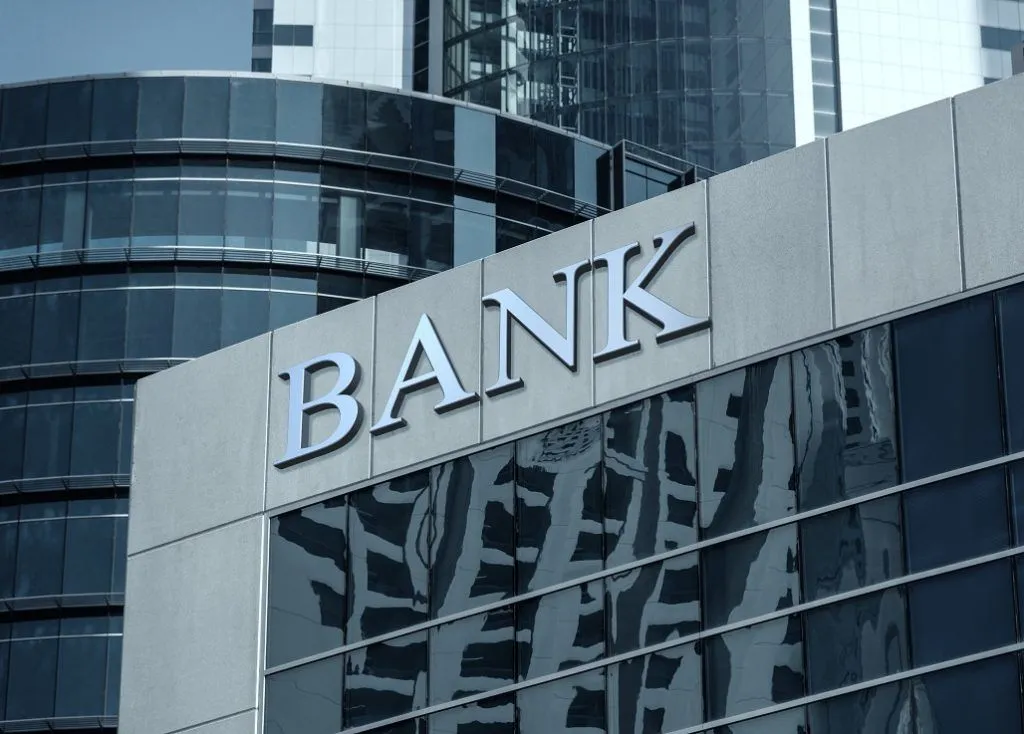The banking sector inflow dropped by 60 percent in 2023. The banking sector received about $832.64m in foreign capital flow into Nigeria in 2023 which is lower than 2022 inflow.
Despite its poor performance in 2023 compared to the previous year, the banking sector had been one of the largest recipients of foreign capital.
The bank with the largest inflow of foreign capital in the year under review was CitiBank Nigeria Limited. It brought in over $1.03bn, with the highest being in the first quarter of the year ($424.13m).
Following was Stanbic IBTC Bank at $919.32m, the highest was in the fourth quarter, then First Bank of Nigeria with $447.69m, the highest inflow being in the second quarter.
According to Analysis of the latest capital importation report from the bureau of statistics showed that the highest inflow to the banking sector was in the first quarter, which was about $304.56m.
It was followed by $283.30m in the fourth quarter, marking 26.03 percent of total capital importation for the last quarter of 2023.
In the second quarter, Nigeria’s banking sector received about $194.58m in foreign inflows.
The third quarter was the worst performing, as it brought in about $50.20m in foreign capital into the sector.
Speaking on the trend of the banks being the largest recipients of foreign capital, the Chief Executive Officer of Parthian Partners, Oluseye Olusoga, said, “Financial services are the lifeblood of any economy. Take payment collections, trade, and everything that you do in whatever sector, you still need a banker.
“Now, if money is coming to the banks, it means that the banks can provide you with the foreign liquidity or dollar liquidity that you need. So, let’s look at the problem from a positive perspective. The foreign money is coming into the banks; it hasn’t reached the manufacturing sector yet. It will get there.”
For the fourth quarter, the NBS stated that total capital importation into Nigeria stood at $1.09bn, about 2.62 percent higher than the $1.06bn recorded in Q4 2022.
Other investments, which include trade credits, loans, currency deposits and other claims ranked top, accounting for 54.64 percent ($594m) of total capital importation in Q4 2023, followed by portfolio investment with 28.46 percent ($309m) and foreign direct investment with 16.90 percent ($183.97m).
The largest recipient of foreign capital for the quarter was the production/manufacturing sector, which recorded an inflow of $450.11m, representing 41.35 percent of total capital imported in Q4 2023.
It was followed by the banking sector, valued at $283.30m (26.03 percent), and financing at $135m (12.46 percent).
Capital importation inflows came largely from the United Kingdom, Mauritius and the Netherlands.
Lagos State remained the top destination in Q4 2023 with $771m, followed by Abuja and Rivers State.

